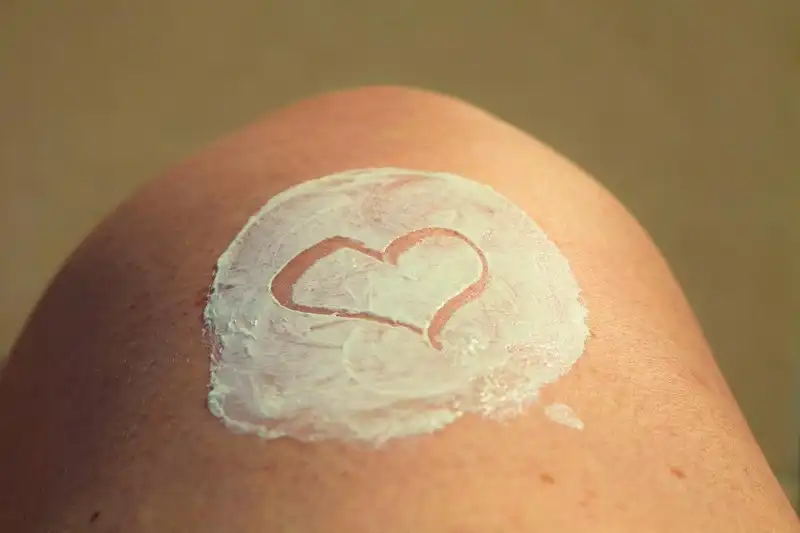Psoriasis is an autoimmune disease that affects over 8 million Americans. August is Psoriasis Awareness Month, a time that’s used to educate individuals suffering with the condition about triggers, management, and available treatments. Here’s what you need to know about psoriasis.
What is Psoriasis?
Psoriasis is more than a skin condition; it’s an autoimmune disease that can have widespread effects on the body. The exact cause is currently unknown, but individuals with psoriasis often have triggers that cause the immune system to begin attacking healthy skin cells. Skin cells grow faster and push to the surface too quickly, leading to scaly plaques and itchy rashes.
While the exact cause isn’t known, it’s believed that several factors contribute to psoriasis, including:
- Genetics.
- The immune system.
- Environmental factors.
Several triggers are known to cause psoriasis to flare up, such as:
- Stress.
- Allergies.
- Infections.
- Skin injuries such as a cut or sunburn.
- Hormonal changes such as pregnancy.
- Certain types of medications
Psoriasis has also been linked to other health conditions, including:
- Diabetes.
- Crohn’s disease.
- Psoriatic arthritis.
- High blood pressure.
- Depression.
There are several types of psoriasis, with plaque psoriasis being the most common form. Plaque psoriasis is characterized by dry, red, raised lesions covered by silvery scales. The patches may be itchy or painful and can occur anywhere on the body. Left untreated, plaque psoriasis can become more severe, so getting the condition under control with the appropriate treatment is essential.
Steps You Can Take to Diagnose the Condition
Diagnosing psoriasis is typically straightforward and involves a physical examination. A dermatologist looks over your skin, scalp, and nails, noting the size, shape, and appearance of lesions. You may also be asked about your symptoms and medical history, including if anyone else in your family has psoriasis.
In some cases, diagnosis may require a skin biopsy. This process involves taking a small sample of your skin, which is typically done under a local anesthetic. The sample is examined under a microscope to rule out any other potential conditions (such as eczema) and determine the exact type of psoriasis.
Treatment for Psoriasis
There is no cure for psoriasis, but there are ways to manage the condition.
Lifestyle Changes
Managing psoriasis may involve lifestyle changes, such as quitting smoking, reducing your alcohol consumption, changes to your diet, or regularly moisturizing your skin.
You should also learn your triggers so that you can take steps to avoid them. This might mean reducing your sun exposure, practicing stress relief, or avoiding soaps with fragrances or certain chemicals.
Therapies
Your dermatologist may recommend phototherapy, also called light therapy. This treatment involves exposing your skin to controlled amounts of natural or artificial sunlight. The goal is to reduce skin cell turnover, which can help to reduce psoriasis lesions.
Medications
Topical or oral medications may be prescribed to help reduce inflammation, ease itching, manage flare-ups, and improve the appearance of the skin. Topical treatments such as Calcitriol or Calcipotriene have been proven effective for psoriasis. You may also be prescribed oral medications such as methotrexate or cyclosporine.
Psoriasis Awareness Month is all about educating individuals with psoriasis about the condition and what can be done to treat it. The exact is unknown, and there is currently no cure, but there are ways that you can manage it and improve your quality of life.
The inability to afford your prescriptions shouldn’t keep you from getting treatment. If you are having difficulty with your prescriptions, rxless is here to help. We can help you to find the best prices through trusted prescription savings programs both online and off. Check out RxLess for your prescriptions today.

















